How You Can Make Your Onions Last Longer
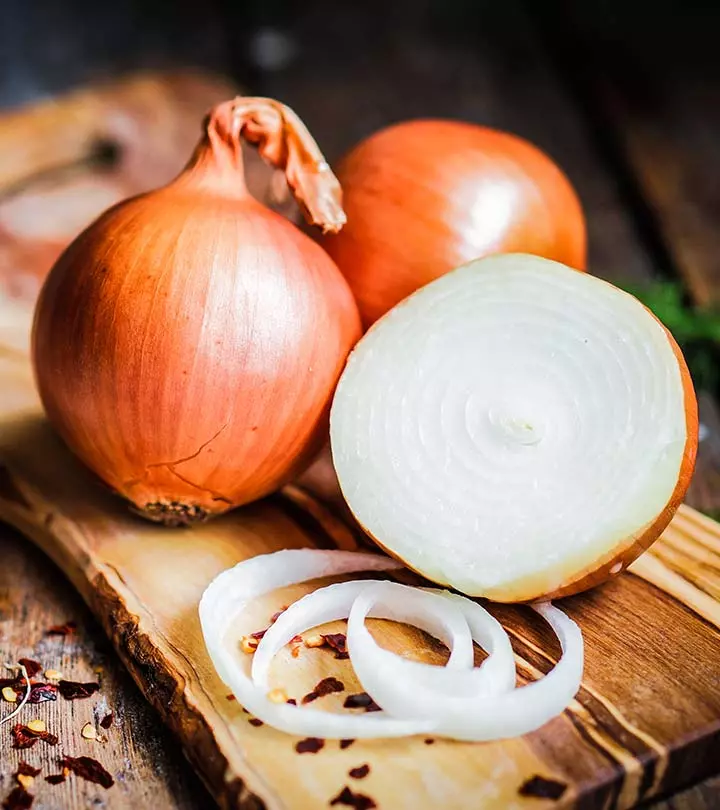
Image: i Stock
Did you know that there are 12 types of onions? Yes, you eat that many varieties of those without even realizing it! And that’s not the worst part. The worst part is that you almost never take proper care of them so they can last long in your kitchen. Also, save you the scenario where you have to throw out plenty of these onions.
Sure, a busy lifestyle with an arduous desk job is a valid excuse for buying in bulk and not having the time to take care of it, but the truth of the matter is that keeping onions fresh does not take much effort. But before we spill the beans on how you can make your onions last long, let us first tell you about the different types of onions you pretty much consume on a daily basis.
The 12 Types Of Onions
All over the world, 12 delicious kinds of onions find their way into home and restaurant kitchens alike. Each of them has a distinct shape, size, and flavor of their own. The different types of onions are-
1. Spring onions
2. Red onions
3. Scallions
4. Green onions
5. White onions
6. Yellow onions
7. Pearl onions
8. Shallots
9. Cippolini onions
10. Sweet onions or Vidalia
11. Ramps
12. Leeks
How to store bulb onions
Bulbous onions need to be stored carefully as they have the tendency to rot easily. This is because these onions emit ethylene gas, which leads to the quick ripening of fruits and vegetables. So if you want to prevent them from going bad, make sure you keep them away from the rest of your fruits and vegetables. Try to keep them apart from each other as well so they can stay fresh for longer.
To store them short-term
If you eat onions frequently and plan to use them all within a few weeks, you can just keep them in a cool and dark place to prevent them from rotting. Keep them in an open basket or bamboo steamer.
To store them long-term
To keep your onions fresh and usable for as long as possible, sheathe each of them individually in a paper towel or a porous bag and stow them away in your refrigerator. Your onions will not get spoilt anytime soon this way.
How to store scallions, spring or green onions, leeks and ramps
It’s common to keep these kinds of onions in the plastic bag they came in, but that’ll actually end up spoiling them sooner. The moisture content in the bag will be too high, which will lead to rotting. If you wish to keep them fresh as long as possible, store them in mesh bags that will aid in the circulation of air and prevent them from drying out. Just be sure to keep them in the crisper drawer of your refrigerator. You can also roll these onions in moist kitchen towels if you do not have mesh bags. Secure them with a rubber band before you keep them in the crisper.
How to store chopped, peeled or cut onions
The best way to store chopped, peeled or cut onions is to keep them in a zip lock pouch and store them in your fridge. You can also keep them in airtight containers to preserve them. But be sure to consume them within a few days as there’s no way they can last longer than that. If you keep them for more than a couple of days, they will turn mushy.
However, there is a way to make chopped onions last a little bit longer than usual. To do that, you will need to store them in a re-sealable plastic bag. You can also keep them in a container with a lid. Other ways you can store them include wrapping them in an aluminum foil or a plastic wrap. If you store them the right way, your chopped onions can last for nearly 7 to 10 days in your refrigerators.
How can you distinguish a rotten onion from a fresh one
Well, if you ask us the best to way to separate a fresh onion from a rotten one, there’s no better tool to judge that than your eyes. By looking at an onion, you can tell if it’s fresh or not. A rotten onion will display some signs such as black or brown spots, as well as soft and mushy areas. Rotten onions also emit a foul odor. Moreover, the soft spots on these onions can grow mold, which is another indicating factor of an onion’s freshness level. If your onion is not too far gone, i.e., if it is not entirely spoilt, you can chop off the ruined portions and use the safe ones.
However, never forget the fact that eating spoilt foods comes with a set of health risks, which should not be ignored. So don’t forget to maintain hygiene so that you can eat healthy and stay healthy.
Read full bio of Chandrama Deshmukh


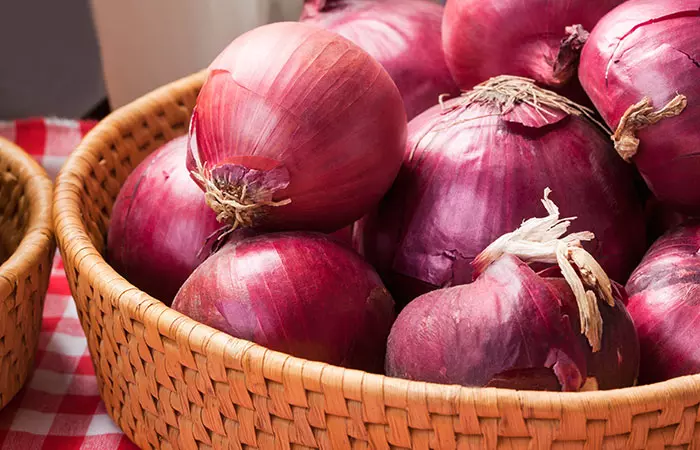
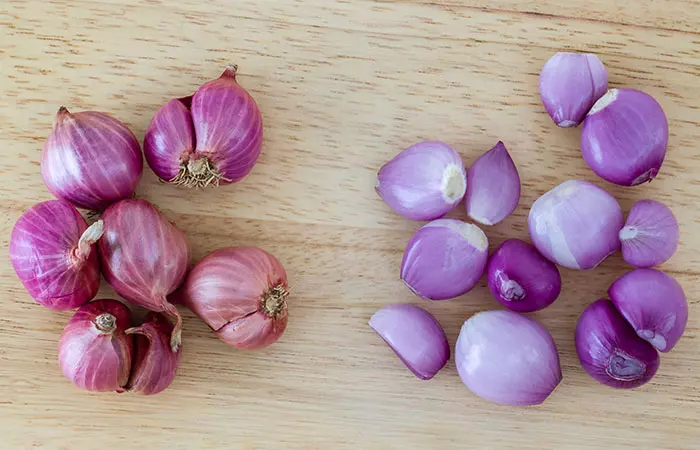
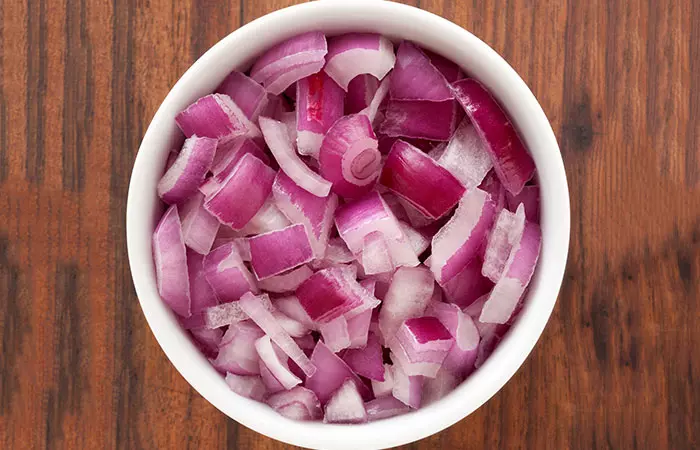

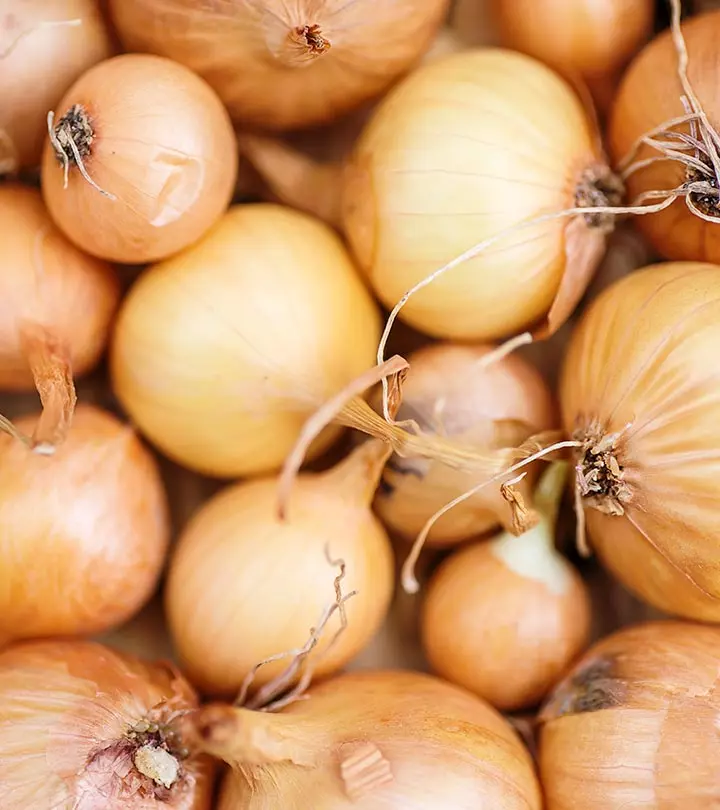
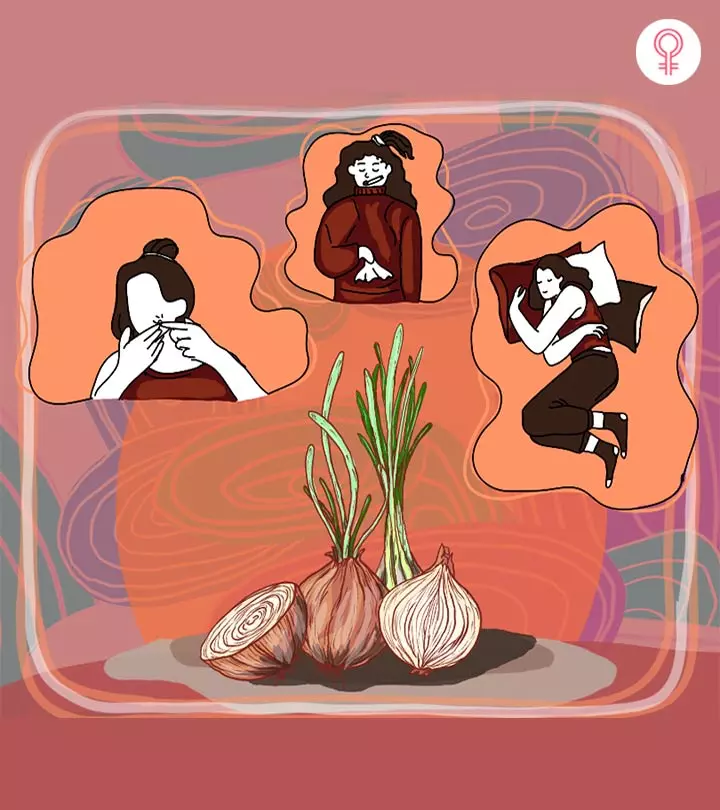
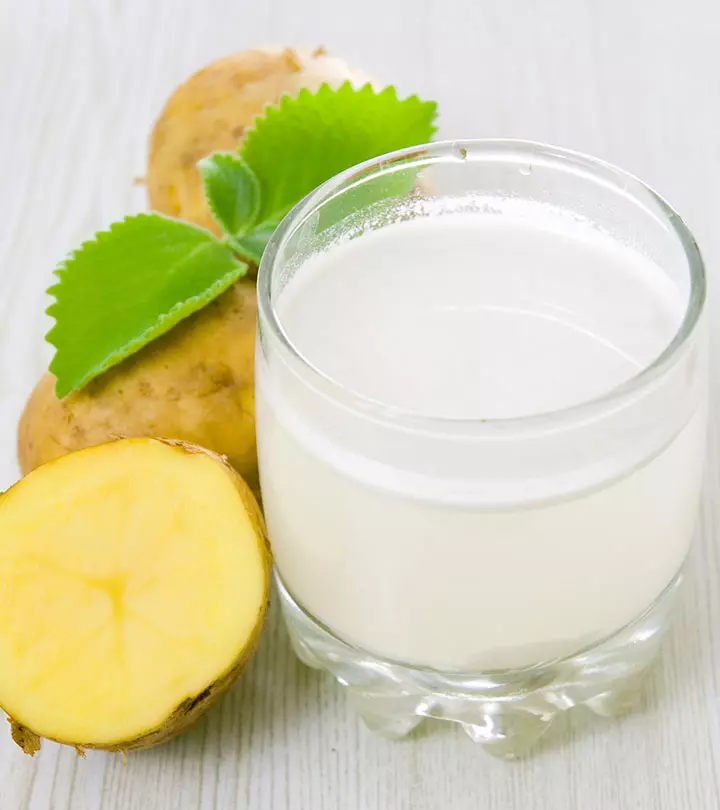

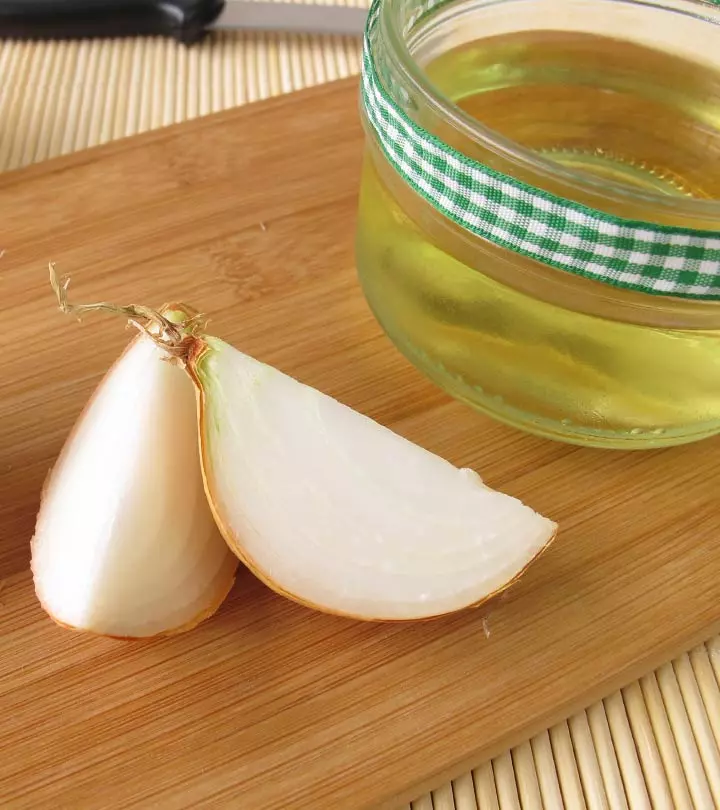
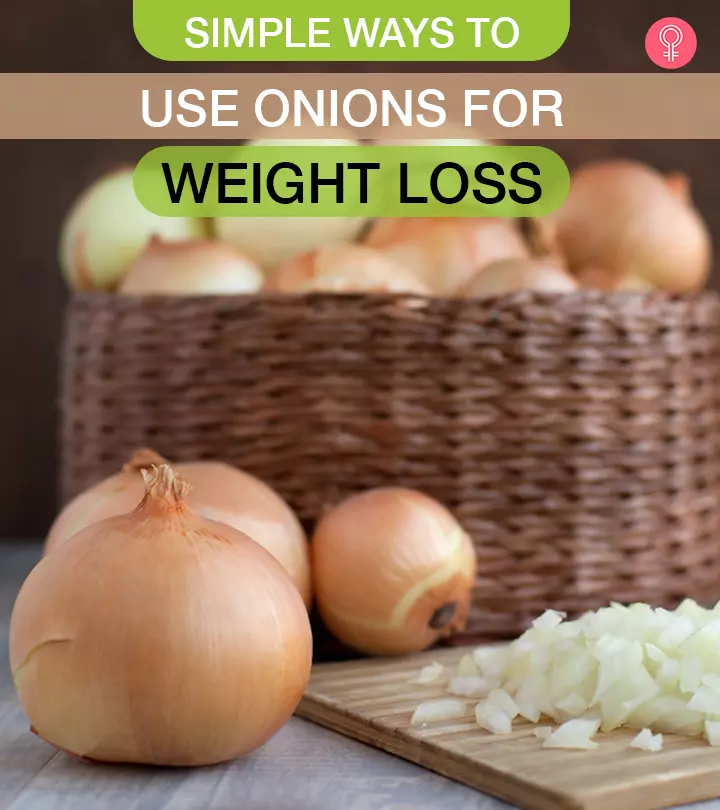


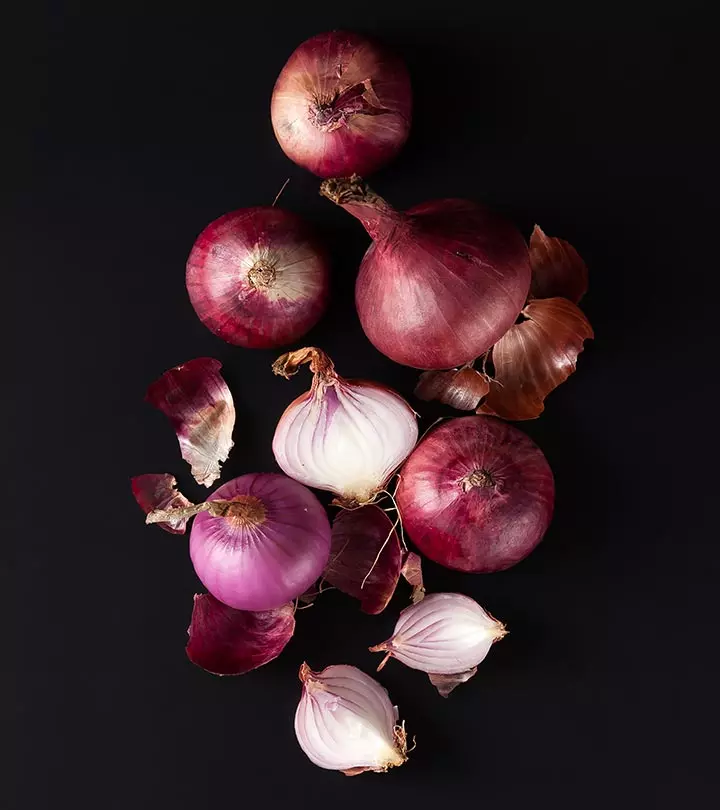
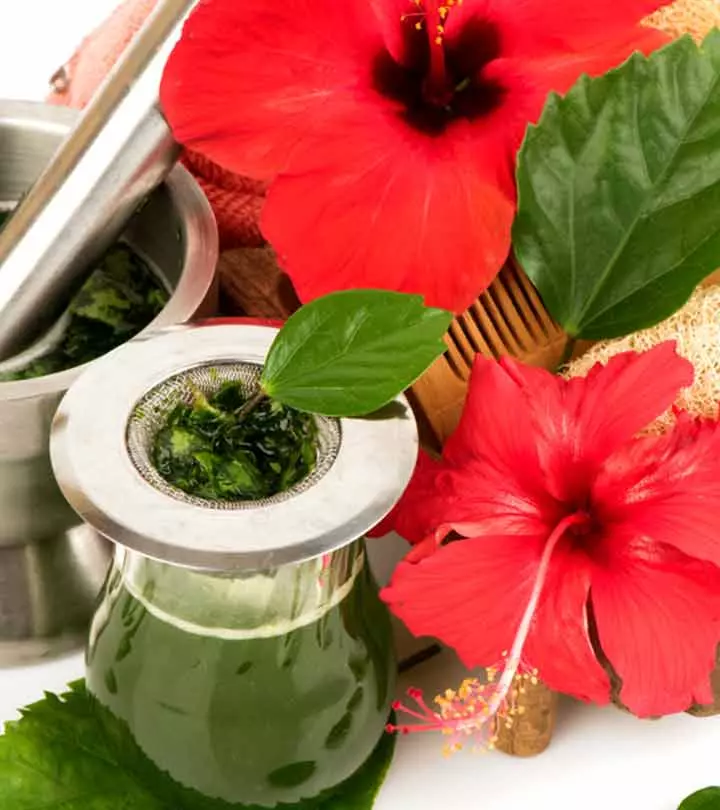
Community Experiences
Join the conversation and become a part of our empowering community! Share your stories, experiences, and insights to connect with other beauty, lifestyle, and health enthusiasts.